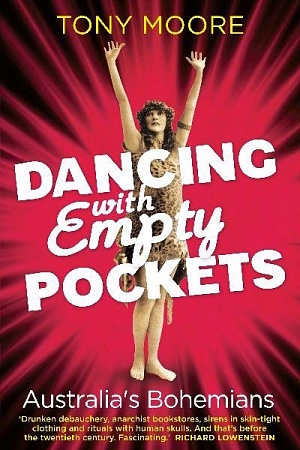Ministers, Mandarins and Diplomats: Australian foreign policy making 1941–1969
Melbourne University Press, $39.95 pb
Losses and gains
Important political issues sometimes cut across traditional party lines, making it harder for us to confront and debate them. The ‘children overboard’ affair, for example, raised important questions about the relationship between public servants and their ministers. Some of these questions were blurred in the subsequent debate, however, for a simple reason. Since the 1970s, governments from both sides of politics have had, in effect, a common policy of restricting the independence of the public service, especially of heads of departments, in the name of accountability and responsiveness. Ministers now have departmental secretaries who can be dismissed for no stronger reason than that they have lost the minister’s confidence. The powerful mandarins who, it used to be said, ruled Australia from the lunch tables of the Commonwealth Club in Canberra are a distant memory. Political influence now affects appointments down to middle managers in ways that those mandarins would have thought totally improper.
Continue reading for only $10 per month. Subscribe and gain full access to Australian Book Review. Already a subscriber? Sign in. If you need assistance, feel free to contact us.















Leave a comment
If you are an ABR subscriber, you will need to sign in to post a comment.
If you have forgotten your sign in details, or if you receive an error message when trying to submit your comment, please email your comment (and the name of the article to which it relates) to ABR Comments. We will review your comment and, subject to approval, we will post it under your name.
Please note that all comments must be approved by ABR and comply with our Terms & Conditions.